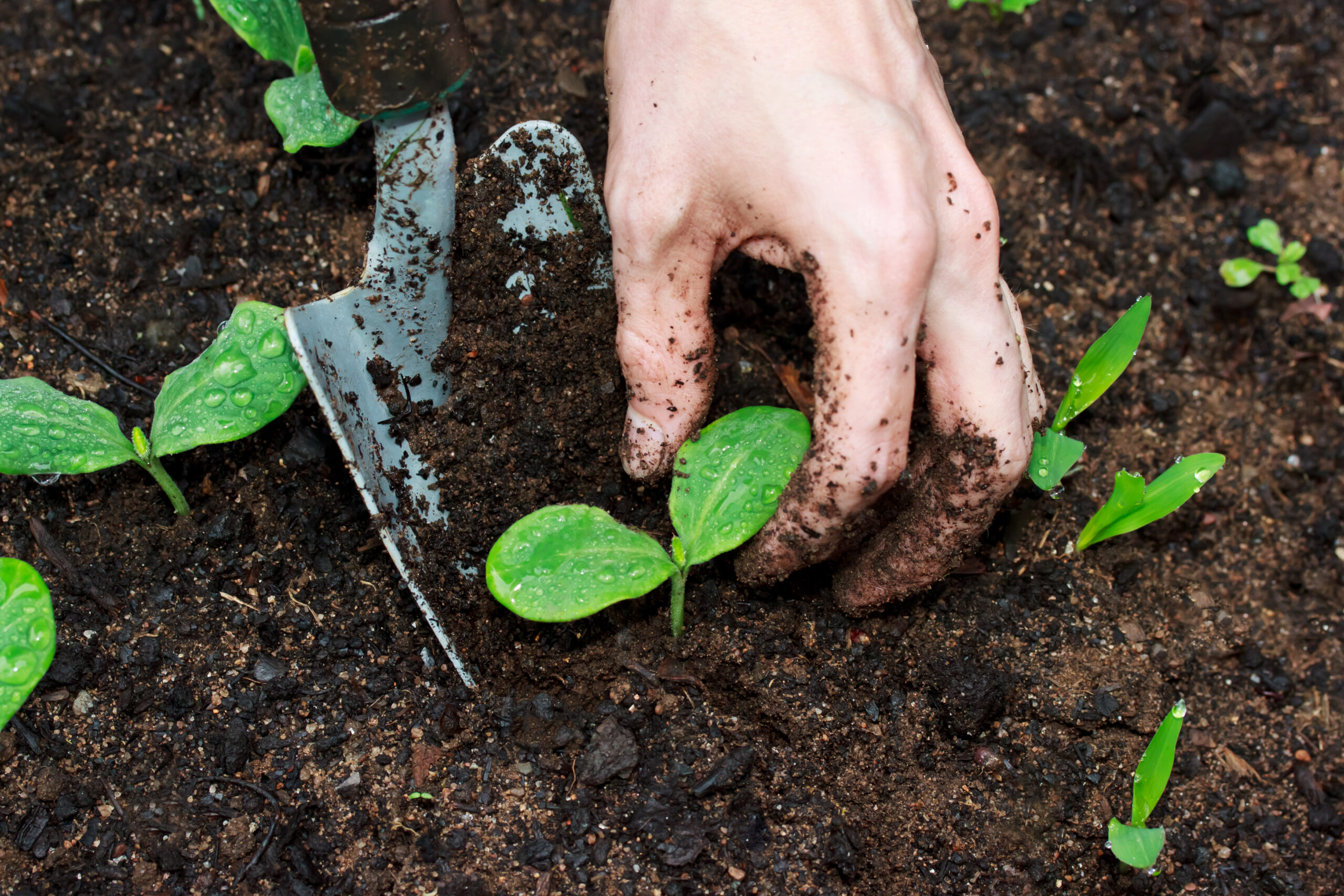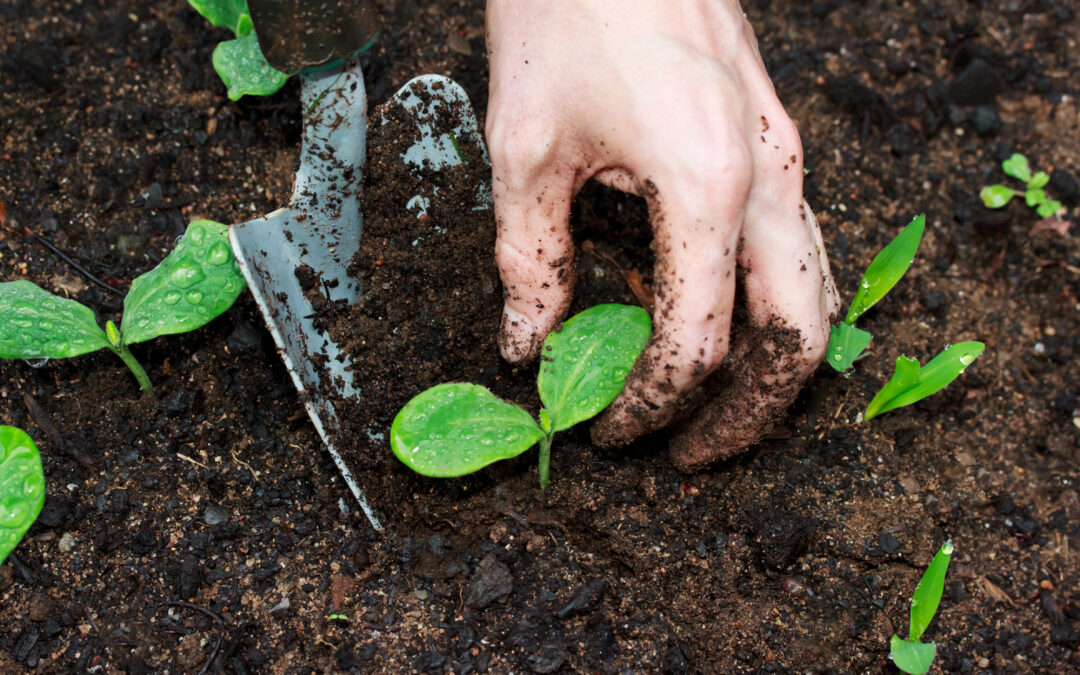Organic gardening is a growing trend that has been gaining popularity over the years. It involves using natural methods to grow plants without relying on synthetic chemicals and fertilizers. In this blog post, we will explore the benefits of going organic, how you can start your own organic garden, and common mistakes to avoid when starting an organic garden.
Introduction to Organic Gardening
Organic gardening is all about working with nature instead of against it. This means using natural resources like compost, manure, and mulch to nourish your plants. By doing so, you create a healthy ecosystem where beneficial insects thrive and pests are kept at bay. Additionally, organic gardening reduces pollution and conserves water while providing fresh, nutritious produce for your family.
The Benefits of Going Organic
There are many reasons why people choose to go organic. Here are some of the top benefits:
Better Taste: Organically grown fruits and vegetables have a better taste because they are not sprayed with chemicals that alter their flavor.
More Nutrients: Studies show that organic food contains more vitamins, minerals, and antioxidants than conventionally grown crops.
Reduced Pesticide Exposure: Conventional farming uses large amounts of pesticides which can be harmful to humans and animals. By choosing organic, you reduce your exposure to these dangerous chemicals.
Environmental Sustainability: Organic gardening practices promote environmental sustainability by reducing soil erosion, conserving water, and promoting biodiversity.
How to Start Your Own Organic Garden
Starting an organic garden is easy and rewarding. Here’s what you need to do:
1. Choose the right location: Select an area in your yard or balcony that receives plenty of sunlight and has good drainage.
2. Build healthy soil: Healthy soil is essential for healthy plants. Add compost, manure, and other organic matter to enrich the soil.
3. Choose the right plants: Pick plants that are well suited to your climate and soil conditions. You can also consider planting heirloom varieties that are resistant to pests and diseases.
4. Use natural pest control: Instead of using chemical pesticides, use natural remedies such as neem oil, garlic spray, and companion planting to keep pests away.
5. Water wisely: Water your plants regularly but don’t overwater them. Consider installing a drip irrigation system to conserve water.
Common Mistakes to Avoid When Starting an Organic Garden
Here are some common mistakes to avoid when starting an organic garden:
1. Overcomplicating things: Organic gardening doesn’t have to be complicated. Keep it simple and focus on the basics.
2. Not amending the soil: Poor soil quality is one of the main reasons why gardens fail. Take the time to improve your soil before planting.
3. Ignoring pH levels: The ideal pH level for most plants is between 6.0 and 7.0. Make sure to test your soil’s pH level and adjust accordingly.
4. Neglecting maintenance: Organic gardening requires regular maintenance such as pruning, weeding, and harvesting. Don’t neglect your garden or it will become overgrown and unproductive.
Conclusion
In conclusion, organic gardening offers numerous benefits including better taste, more nutrients, reduced pesticide exposure, and environmental sustainability. To start your own organic garden, follow the steps outlined above and avoid common mistakes like overcomplicating things, ignoring pH levels, and neglecting maintenance. With a little effort and attention, you can enjoy a beautiful and productive organic garden that provides fresh, healthy produce for you and your family.




